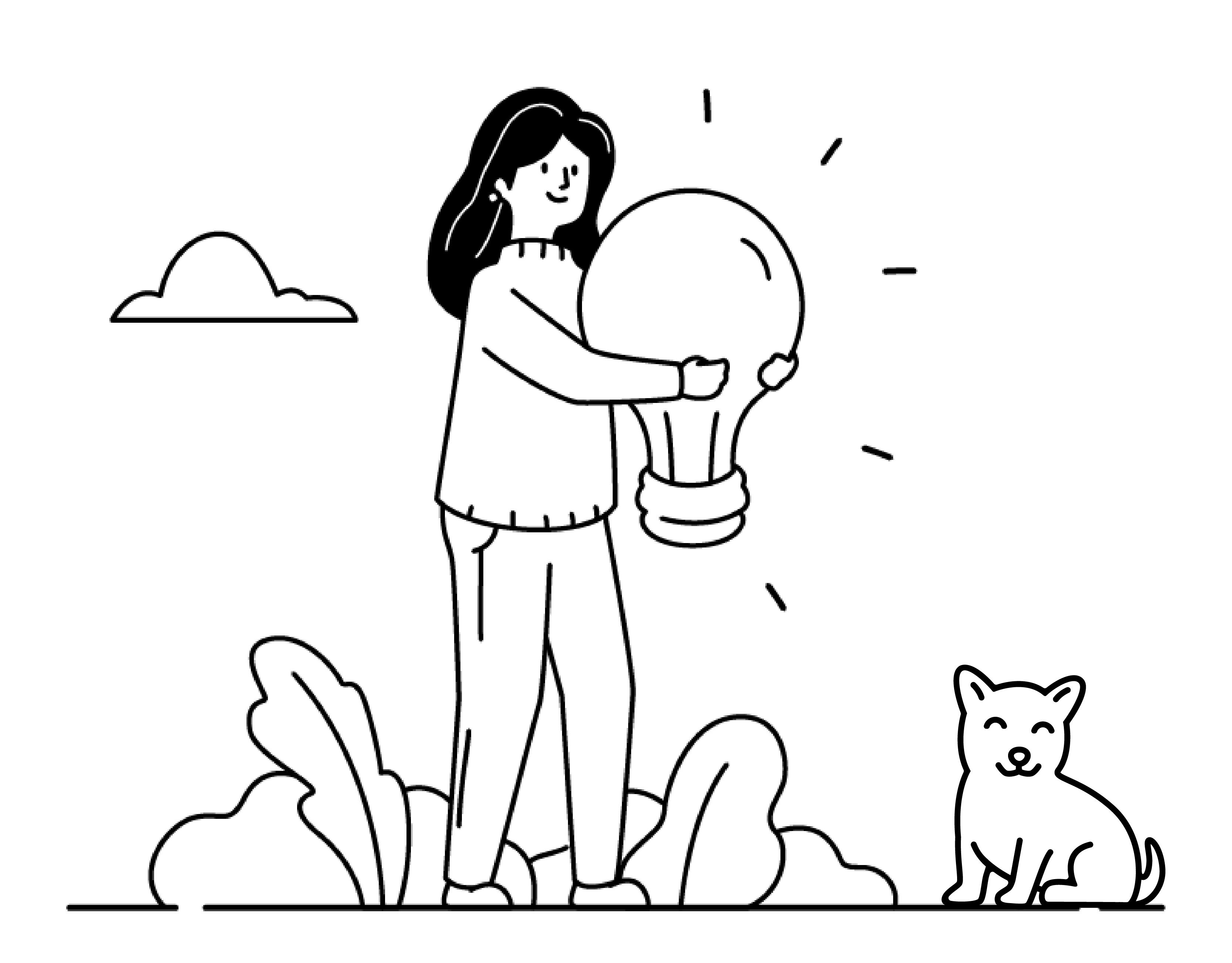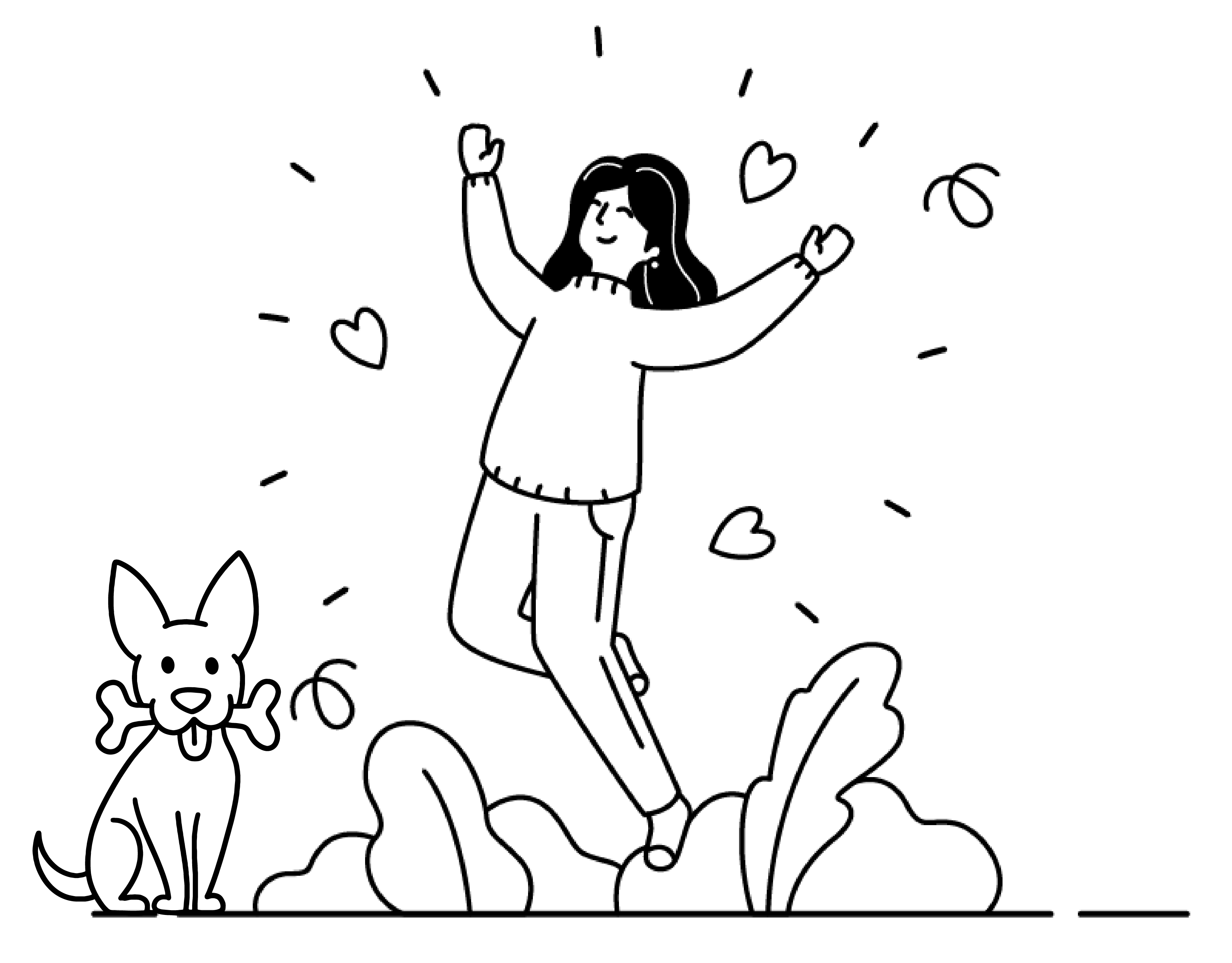Springtime a time of ‘romance’, for some ‘nest’ making is the preoccupation, and others are already caring for their offspring.
For some, neutering is still the first choice to ‘fix’ behavioural issues & reduce the risk of health issues. As with most things, if only it was that straightforward!
Here is link to recent paper by Arroube & Pereira April 2025, & some quotes I’ve taken from it.
“However, more recent studies have raised concerns about the potential for neutering to increase fear, anxiety, and aggression-related behaviours in both male and female dogs. Neutered dogs have been reported to exhibit more fear, nervousness, panic, social withdrawal, and even heightened aggression [44,52,53,54,55,56,57]. Therefore, caution must be exercised when considering neutering as a solution for behavioural issues.
Regarding health issues, research over the past few decades has pointed to an association between neutering and an increased risk for various diseases, including long-term reproductive, urinary, metabolic, and musculoskeletal adverse effects. However, the results for many of these conditions can be inconsistent [30]. For instance, one of the common reasons for advocating for neutering in females is the decreased risk of developing mammary tumours. However, a systematic review concluded that the evidence linking neutering to a reduced risk of mammary tumours – and the effect of the age at which it is performed – was weak [35].”

“Research is evolving, and some studies have started to investigate more specific factors. For instance, certain studies have explored the effect of the age at which castration occurs and the dog’s lifetime exposure to gonadal hormones [56,57,58,59,60], with more recent research also focusing on the influence of breeds [54,61]. Additionally, the hormonal shifts caused by the suppression of gonadal hormones undoubtedly play a role, although the full extent of these changes is not yet entirely understood. Testosterone, estradiol, oxytocin, serotonin, dopamine, cortisol, and progesterone are all affected by neutering, resulting in imbalances and shifts in their dynamics. Given the wide variability in study results, it is advisable to evaluate each case on an individual basis. It is also important to consider alternatives to definitive gonadectomy, such as other surgical options or chemical sterilization.”
Reproductive hormones aren’t solely about sex drive!
Those that live with bitches that come into season (often a couple of times a year) are hopefully aware and considerate of the impact this has on their dog and other dogs. For some in-tact male dogs it can cause them to jump fences, howl, take-off following a scent, causing additional issues to the literal ball-ache … this is possible more than a couple of times a year!
I confess, I have my biases, one is that Freya Golden (photos 5 years ago) was spayed a couple of months or so after her first season. Unfortunately it was not a good time for her, during or post surgery, there were complications & repercussions.
From the papers I’ve seen, listening to those who have much more scientific understanding I would wait until at least any dog reaches adulthood, full maturity, and then IF I decided to opt for neuter, I would opt for the least invasive, chemical trial initially rather than surgical, if that is an option!




